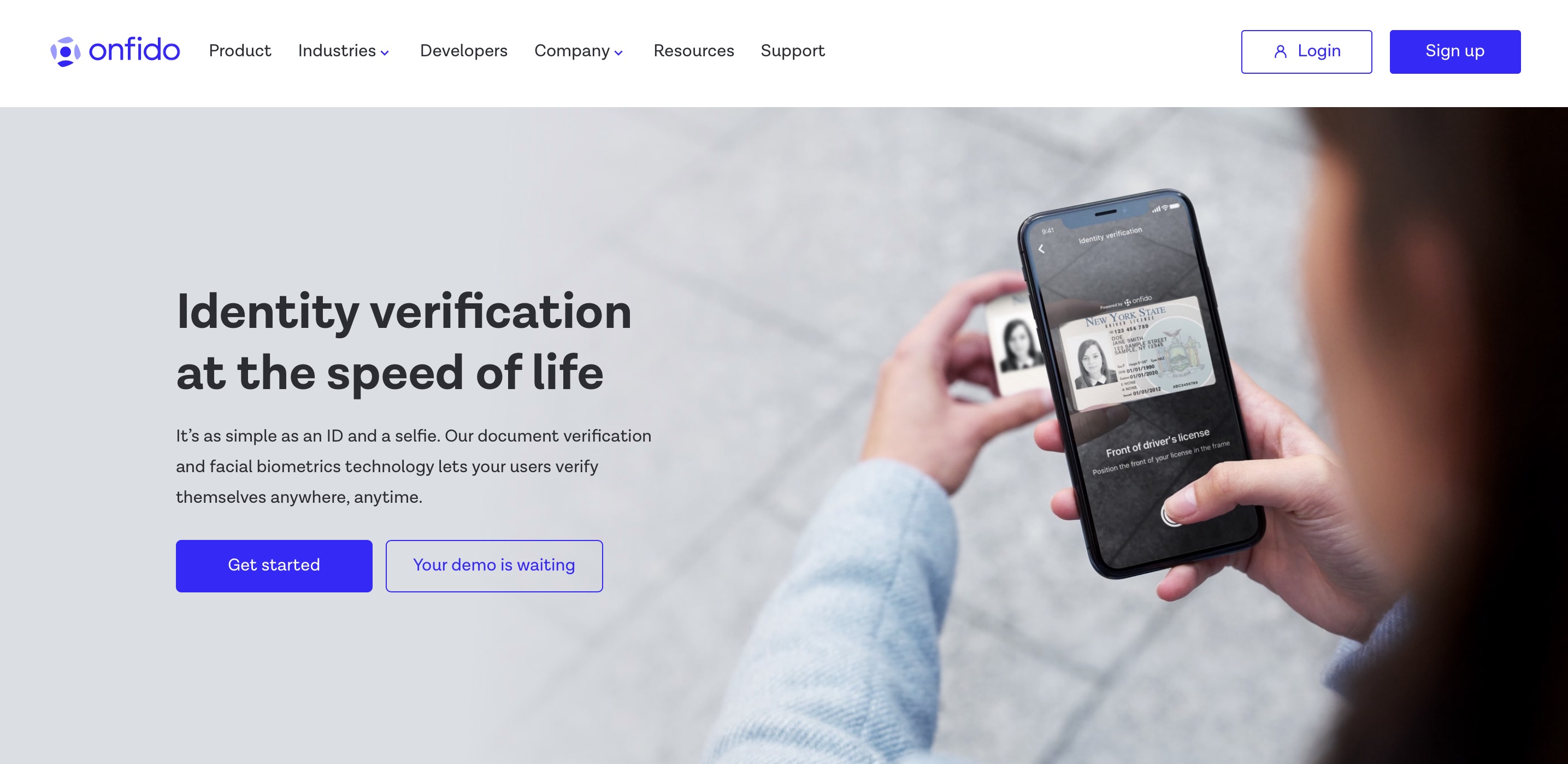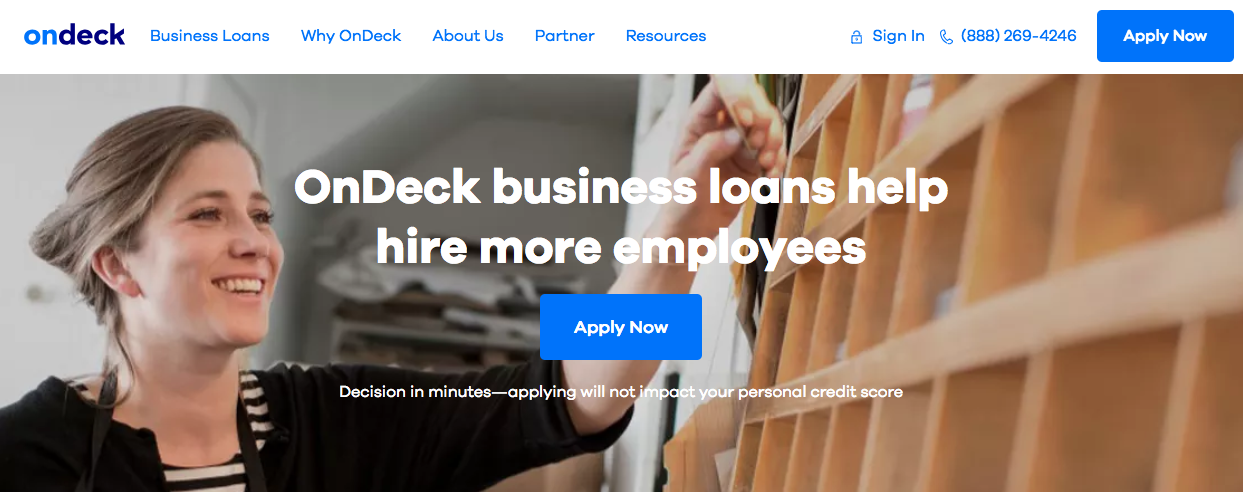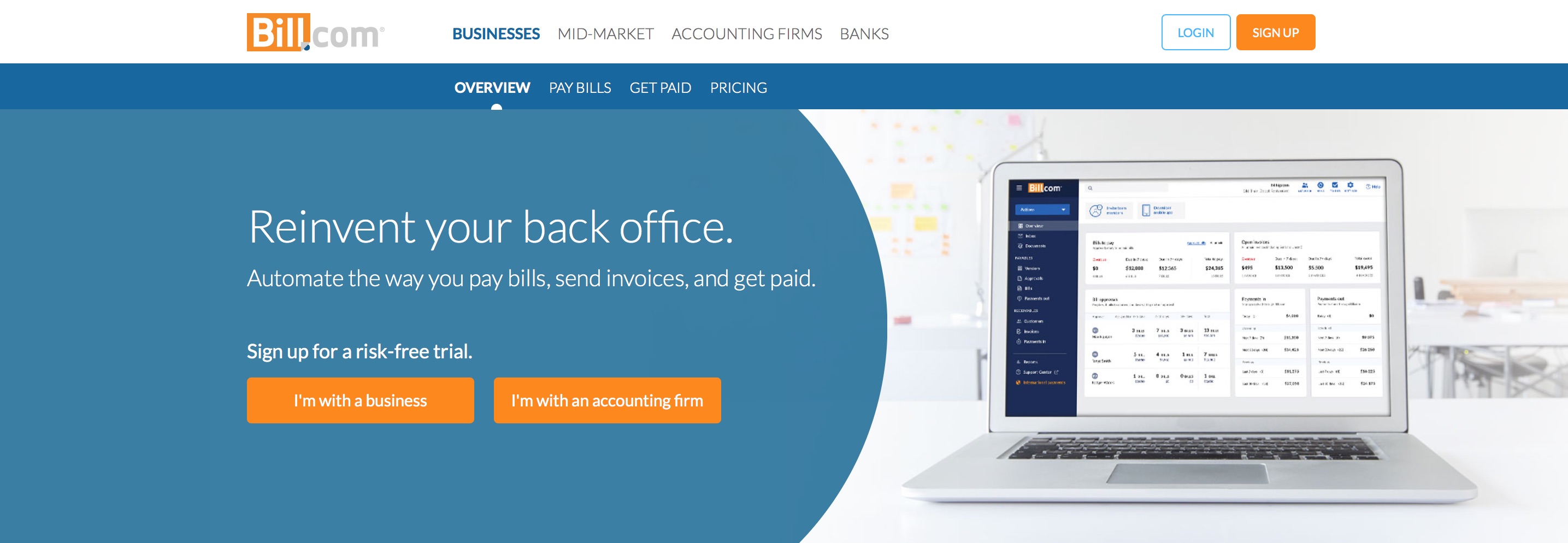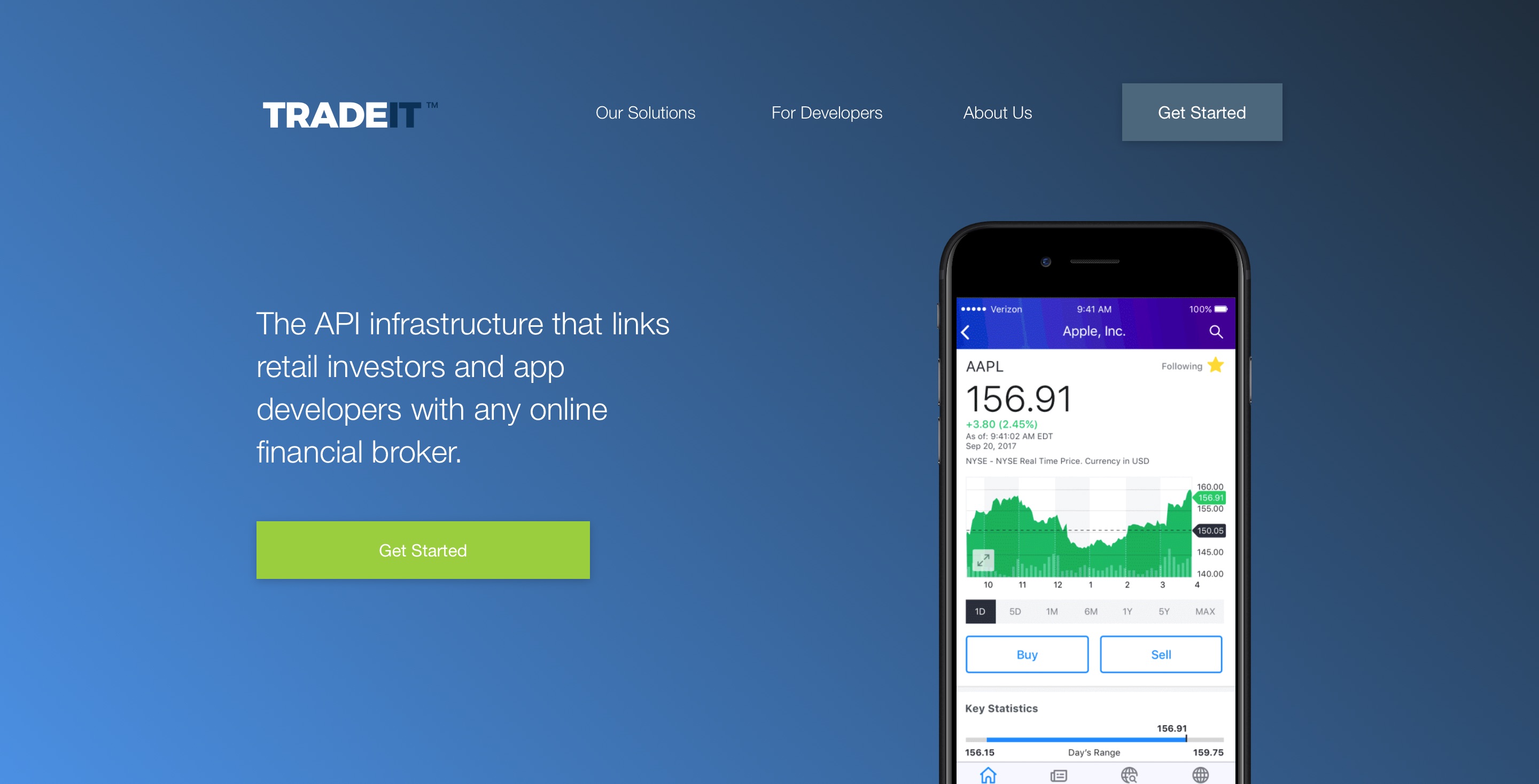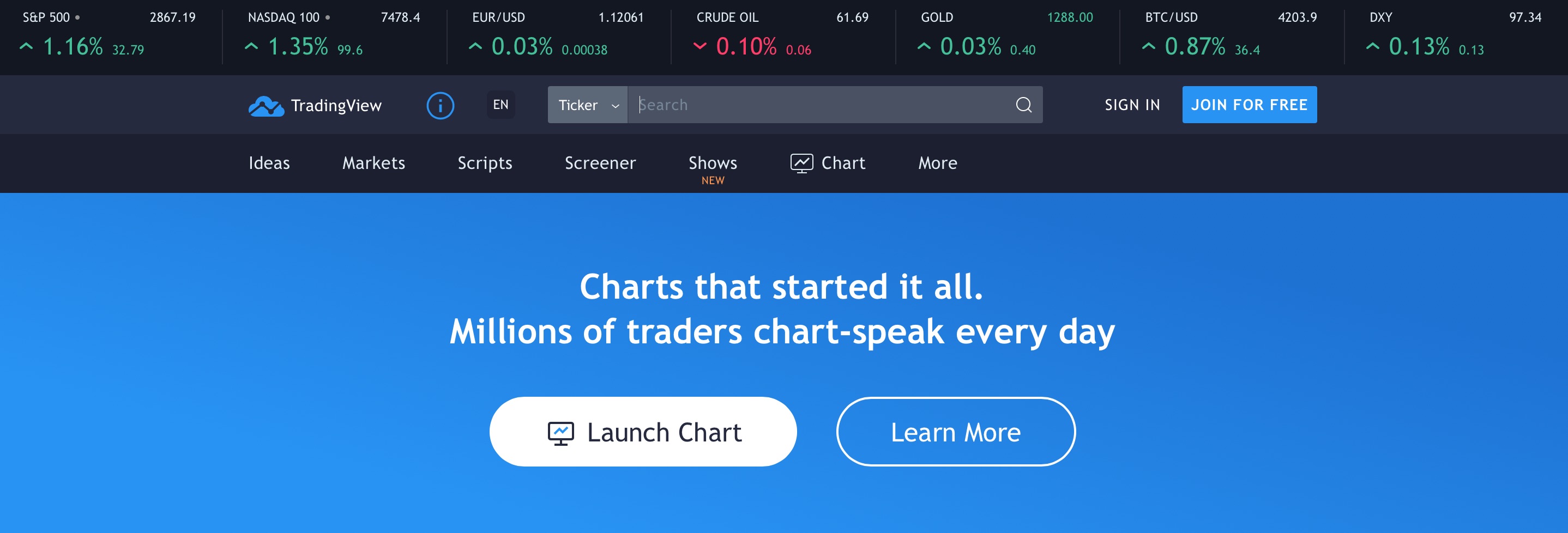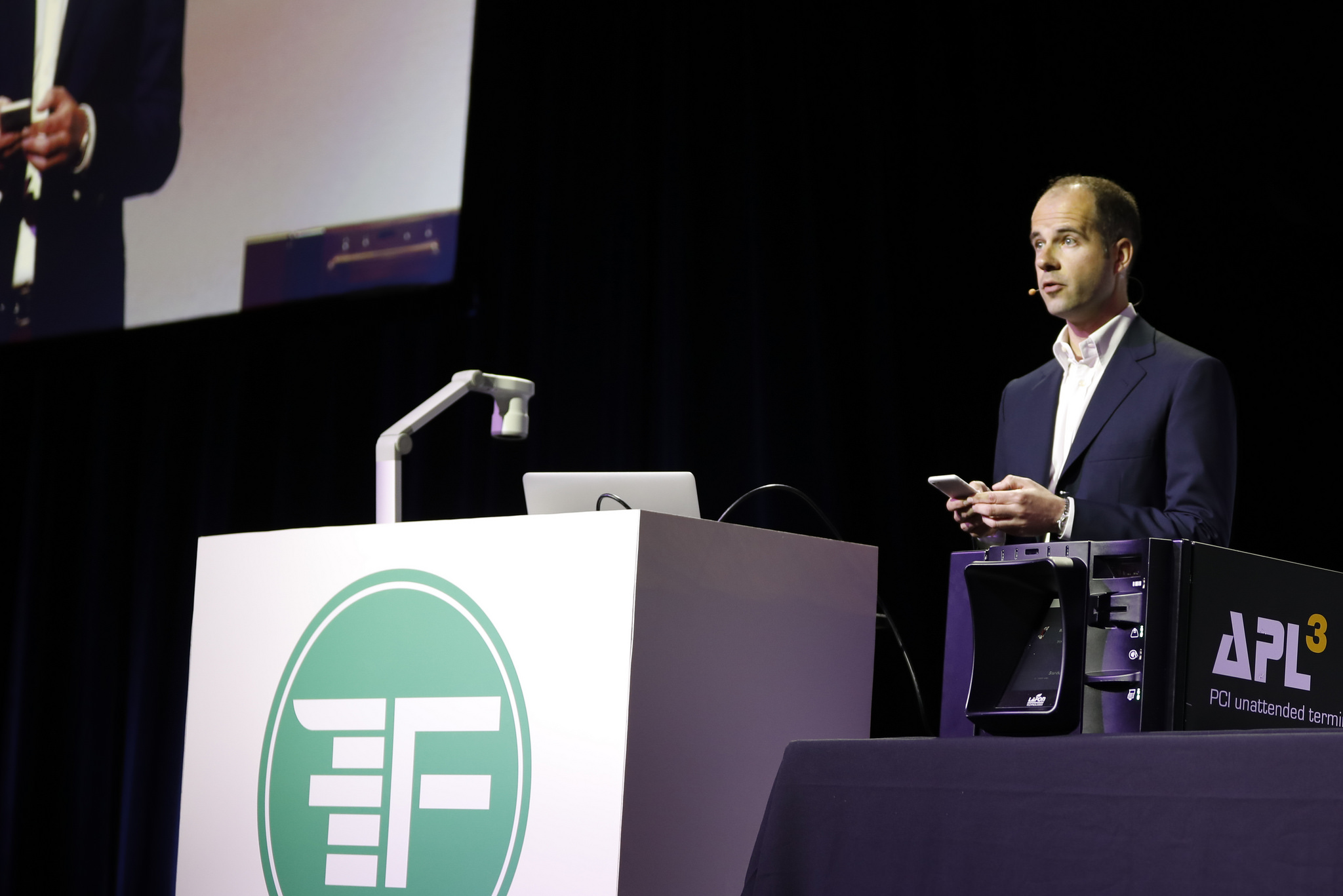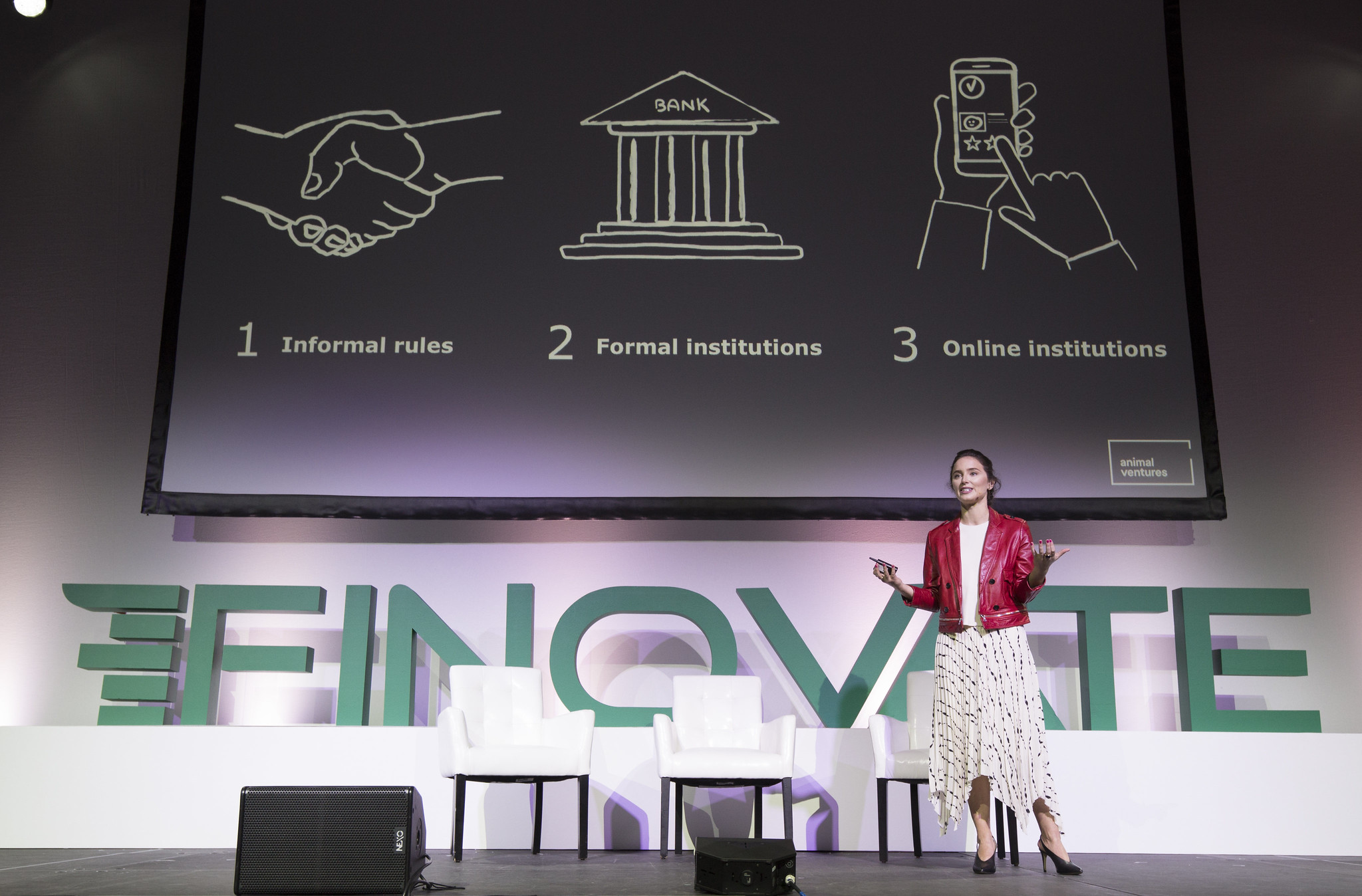
This year, FinovateSpring will feature a special day dedicated to two critical issues in fintech: the rise of AI and the importance of the customer journey.
On May 7th, the day before the conference begins, we’ll host an AI Summit and a Customer Experience Summit that will provide both a broad overview and a deep dive into both timely topics.
Join us Tuesday morning at the Hilton San Francisco Union Square for a day of insightful keynote addresses, fireside chats, strategy roundtables, case studies, and debates.
AI Summit
In addition to opening and closing remarks from our chair, Ron Shevlin, Head of Research, Cornerstone Advisors, here’s a look at the sessions available in our AI Summit:
- What Can Artificial Intelligence Do for Your Business? – read more
- Making AI Walk the Talk – It’s All About the Data – read more
- Transforming Legacy Businesses with AI – Machine Learning is King Now, But Image, Voice, and Natural Language Processing are Coming Up Fast. What are the Internal Challenges? The Ethical Challenges? And the Business Opportunities? – read more
- The Rise of Natural Language Processing & How it is Reshaping
Financial Services – read more - AI for Fraud Detection and Risk Management – read more
- Let’s Chat About Chatbots – read more
- Six Business Applications Within Investing, Compliance, Credit Scoring, Marketing, and Customer Support – read more
- Oxygen for AI, How Data Management and Data Governance Can Make or Break Your AI Journey – read more
- Using AI to Transform Customer Experience – read more
- Building a Cognitive Bank from the Inside Out – read more
- AI to Streamline Operational Processes – read more
- Fintechs and Financial Institutions on the Journey Towards a Productive Partnership in AI – read more
Customer Experience
With opening and closing remarks from Beyond the Arc CEO Steven Ramirez, who will serve as Chair, here’s a look at the sessions being offered in our Customer Experience Summit.
- The Evolution of Innovation: Build, Buy or Partner? – read more
- Return on CX – 80% of the Potential ROI is Typically Left Untapped – read more
- How Can Financial Institutions Transform Customer Experience through Deep Customer Insights? Why Powerful Data Analytics Will Be Critical for Success – read more
- How to Innovate on Behalf of the Customer and Build a Business Around Customer Needs to Drive Loyalty and Sustained Growth – read more
- Bridging the Gap Between the Customer Experience Promise and the Customer Experience Reality to Deliver Outstanding CX at Scale – read more
- How to Align Your Whole Organization to a Common Customer. Purpose and Harness Future Technology to Redraw the Customer Experience Landscape – read more
- Creating a Seamless Digital Customer Experience – read more
- How We Are Creating a Seamless Customer Experience – read more
- Harnessing Disruptive Technologies to Maximize Customer Experience and Loyalty – read more
- Delivering Outstanding Customer Experience by Harnessing Open APIs – read more
- Transforming the B2B Customer Experience – read more
- Fintechs and Financial Institutions On the Journey Towards a Productive Partnership in CX – read more
Tickets to FinovateSpring are available now. Visit our registration page today and save your spot.
Note that registration for Tuesday’s Summit’s is separate from registration to attend the main, three-day FinovateSpring conference beginning on Wednesday, May 8.
Take advantage of our special discount when purchasing your ticket before April 26, or when packaging a Summit Day registration with a registration for the main conference.
Questions about FinovateSpring? Send us an email for more information.
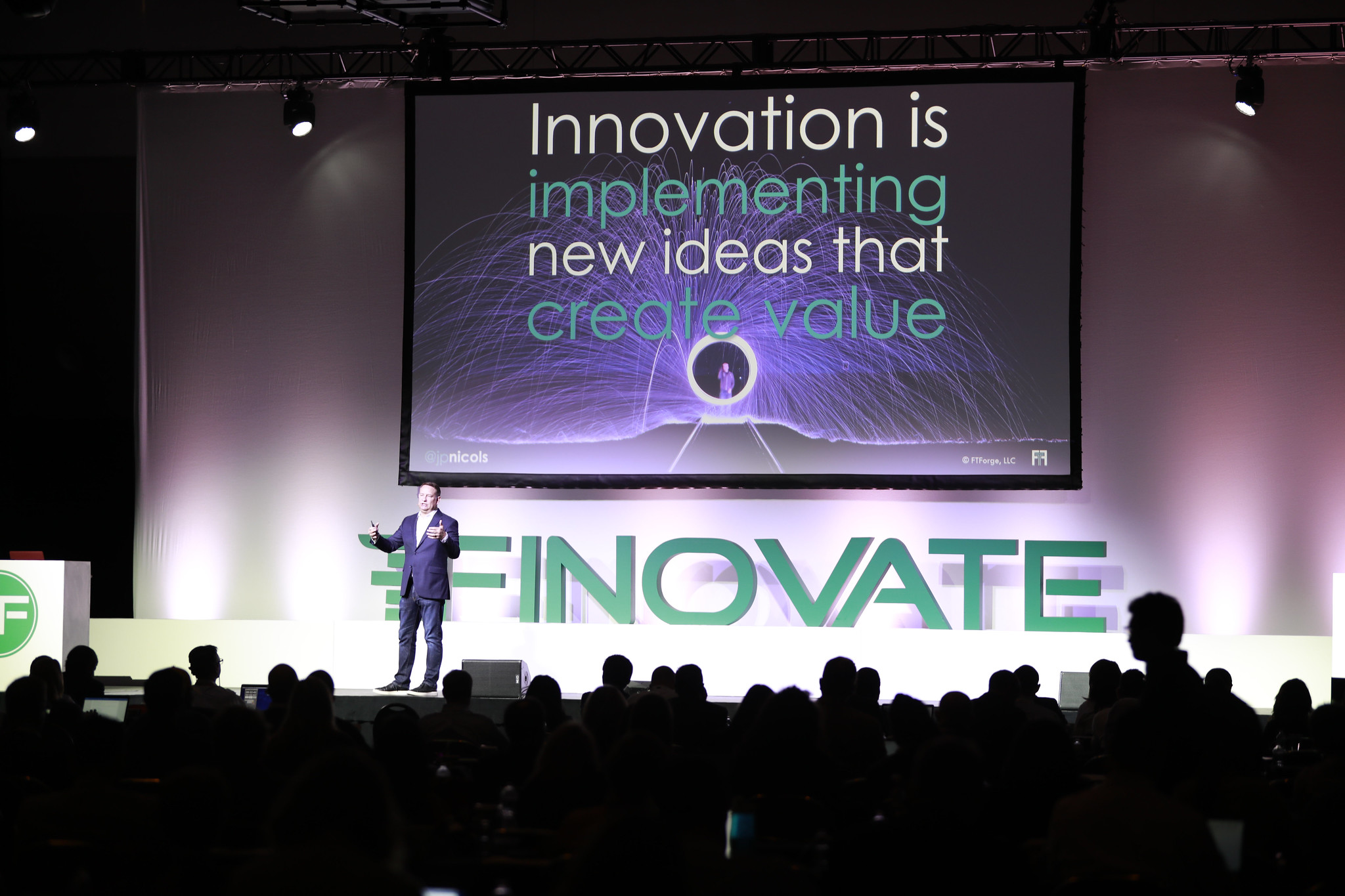


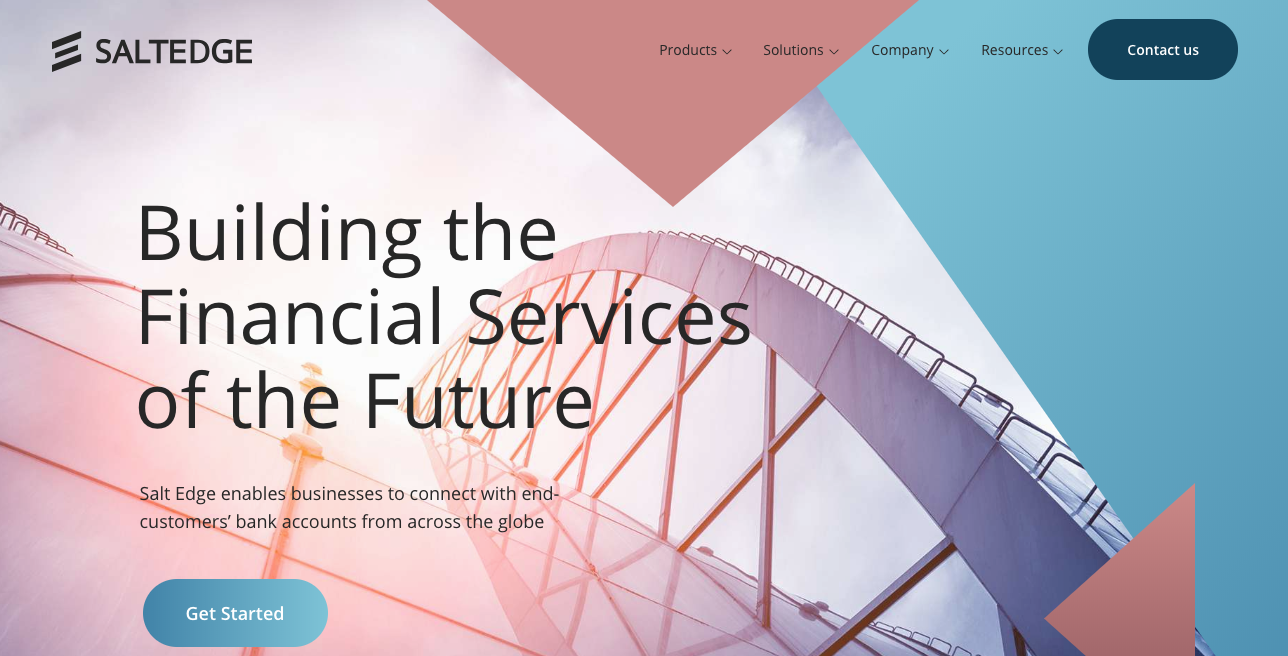
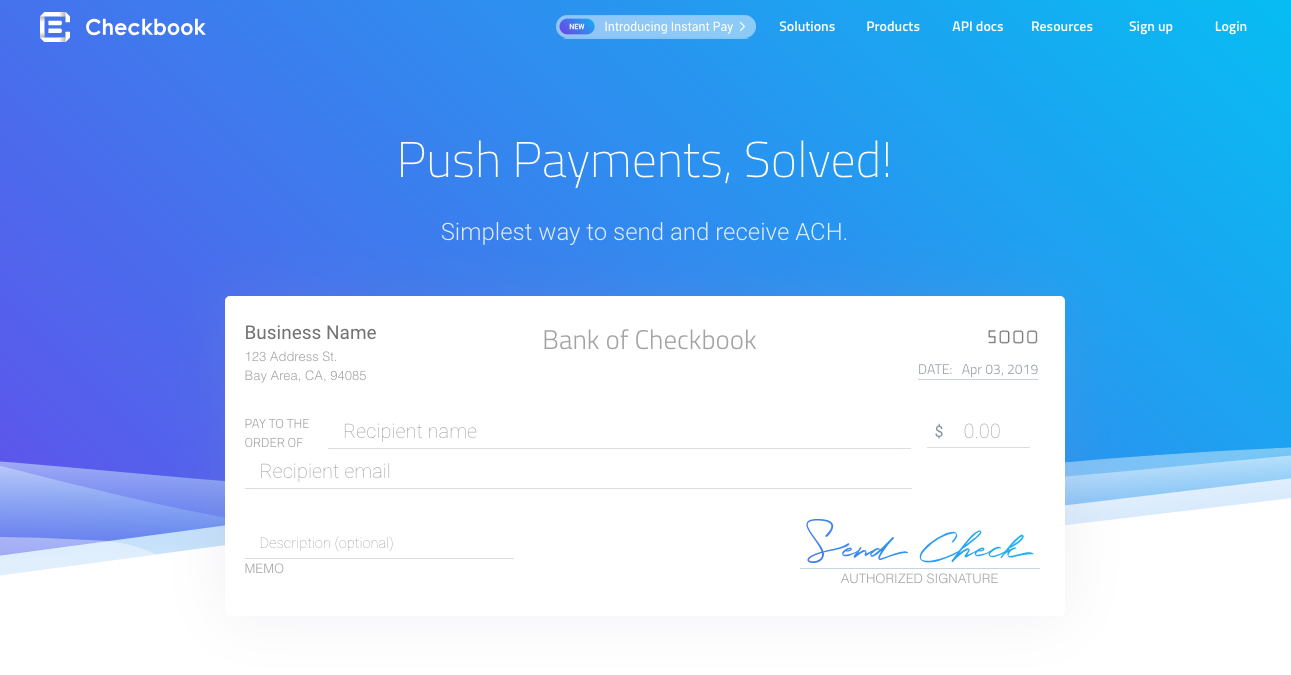
 Digital check innovator
Digital check innovator 